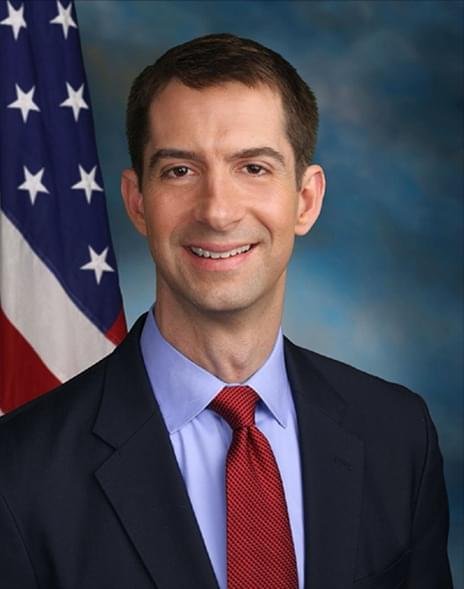By the U of A System Division of Agriculture
FAYETTEVILLE, Ark. — For many producers in Arkansas, fertilization in the spring isn’t so much a tradition as it is a necessity, along with crop rotation and soil testing. For pasture managers, however, the decision of whether to fertilize a grazing area depends on several factors that can change from year to year.
SPRING MEANS 'NPK' — The decision whether to fertilize a given pasture each spring should be primarily based on soil testing results. (Division of Agriculture photo.)
Dirk Philipp, associate professor of forage agronomy for the University of Arkansas System Division of Agriculture, said that it all comes down to what your soil really needs.
“Fertilizer is an expensive input to livestock agriculture,” Philipp said. “The basis for the decision when and how much to apply is a regular soil sampling plan.”
At a minimum, Philipp said, soil samples should be taken every two years.
“Not only will this help producers fertilize pastures in a more targeted fashion, it also serves to record how much soil fertility changes over time,” he said.
The Cooperative Extension Service provides cost-free soil analysis. Arkansans can find their nearest extension office in extension’s online directory.
Once growers receive their results, Philipp said, they should carefully check the recommendations, particularly the pH balance of the soil as well as the potassium, phosphorous and nitrogen levels.
“It’s important to know the acidity of your soils,” Philipp said. “It’s no problem if it’s about 6.0 — many pastures are — but avoid letting it drop too low. Bringing it back up will take time and easily require a couple of tons of lime per acre.”
Likewise, pastures that have historically been fertilized with chicken litter won’t normally be phosphorous-deficient, but growers should try and keep their levels well within the normal range so that they have “room to spare” in changing conditions, Philipp said.
“Potassium is an important element for plant cell function and one that affects plant health and productivity immediately,” he said. “Unfortunately, it is also quite expensive to apply.”
Philipp encourages growers to keep adequate potassium levels in soil, so they don’t find themselves suddenly needing to make large investments in the nutrient.
“Both phosphorous and potassium can be applied in advance, so if you know how much might be missing, you can fit those in your budget better,” he said.
Nitrogen, Philipp said, is the most limiting nutrient for plant growth and should be applied right when it’s needed.
“Keep in mind that both cool and warm season plants grow most rapidly in spring because of increasing day length and temperatures,” he said. “They will substantially reduce their growth rates during fall due to decreasing day length and temperatures.”
Timely application is important, Philipp said, but can mean different things, such as:
Before a rain shower, when growers actually can get into the field
After a hay cut, when large amounts of nutrients are removed
At the beginning of the growing season, if a producer wants to apply a blend of all NPK
If poultry litter is available, depending on one’s timeline for cleanout and delivery.
“These are all valid compromises you may have to make,” Philipp said.
When it comes to linking fertilization with pasture management, producers may need to address an additional host of issues, he said.
“When applying nitrogen to tall fescue in spring, are you able to actually graze it off and avoid fescue toxicity as much as possible? You may be better off applying it in early September for stockpiling,” Philipp said.
“Some forages, such as orchardgrass, definitely need additional nitrogen to be productive, while tall fescue is less sensitive to skipping a year,” he said. “Native warm season grasses can do without nitrogen fertilization for a long time. Hay crops of any kind including summer annual forages require a fertilizer budget and should be planned accordingly.”
To learn about extension programs in Arkansas, contact your local Cooperative Extension Service agent or visit www.uaex.uada.edu. Follow us on X and Instagram at @AR_Extension. To learn more about Division of Agriculture research, visit the Arkansas Agricultural Experiment Station website: https://aaes.uada.edu/. Follow on X at @ArkAgResearch. To learn more about the Division of Agriculture, visit https://uada.edu/. Follow us on X at @AgInArk.






















